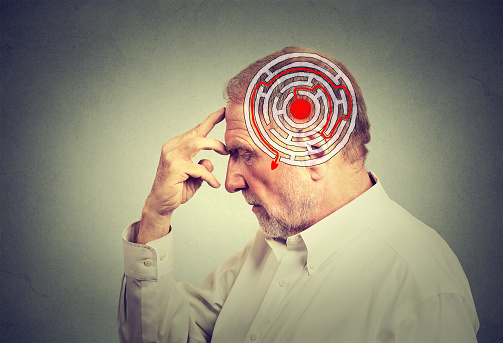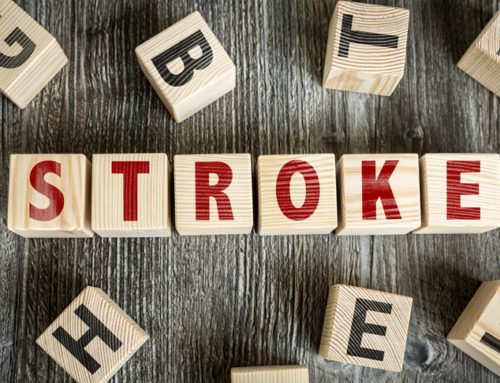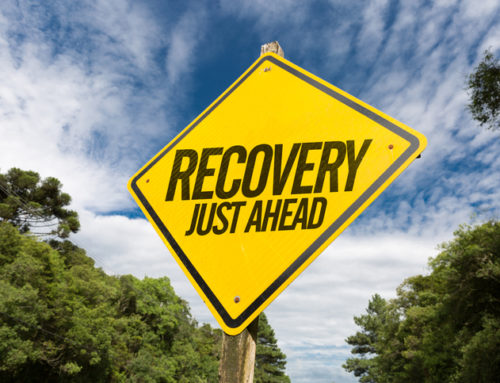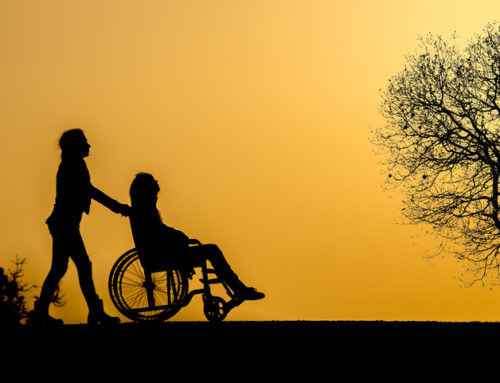What are they? How will you know if you have one?
Not all strokes are massive, debilitating or even deadly—mini-strokes or TIAs, (Transient Ischemic Attack) may strike without knowing it has actually happened. They occur because blood flow has been blocked to a small area of the brain, spinal cord or retina. According to the Journal of Neuroscience, these strokes, which are often imperceptible, are common in older adults and are believed to contribute to dementia.[1] Mini-strokes can cause brain damage and cognitive impairment over prolonged periods of time, whereas, TIAs are temporary, can last as little as one minute and do not cause permanent damage.
Approximately 50 percent of people who are 60 and older, will likely suffer from at least one mini-stroke or TIA during their lifetime—studies have shown that 70 percent of those who have mild dementia, have, in fact, suffered from a mini-stroke or TIA in the past. [2]
Knowing the signs of a TIA or mini-stroke is critical to ensure the necessary treatment is administered as soon as possible; 1 in 3 people who have had a TIA or mini-stroke, will likely experience a more severe stroke in the future [3] and with the proper care, they may actually ward off future catastrophic strokes.
Interestingly enough, according to nih.org, studies have shown that ‘men are more likely than women to experience TIAs, older people are also more at risk than younger people, and TIAs are reported most frequently on Mondays.’ [4]
Signs of a TIA or Mini-Stroke
- Weakness or numbness on one side of the body
- Confusion
- Changes in vision—temporary blindness in one eye
- Trouble speaking or understanding words
- Problems with balance
- Dizziness or passing out
- Abnormal sense of smell and/or taste
The risk of suffering from a mini-stroke or TIA is directly related to poor lifestyle choices; this includes lack of exercise, an unhealthy diet regimen or smoking. This creates other side effects which can ultimately lead to a stroke—diabetes, obesity, heart disease and high cholesterol are key contributors.
Making the choice to engage in a healthier lifestyle, such as losing weight, getting enough sleep, reducing stress, exercising, eating healthy foods and reducing sodium intake are all ways to help reduce your chances of suffering from one of these types of strokes.
[1] Healthline.com
[2] healthline.com/health/stroke
[3] Mayoclinic.org






